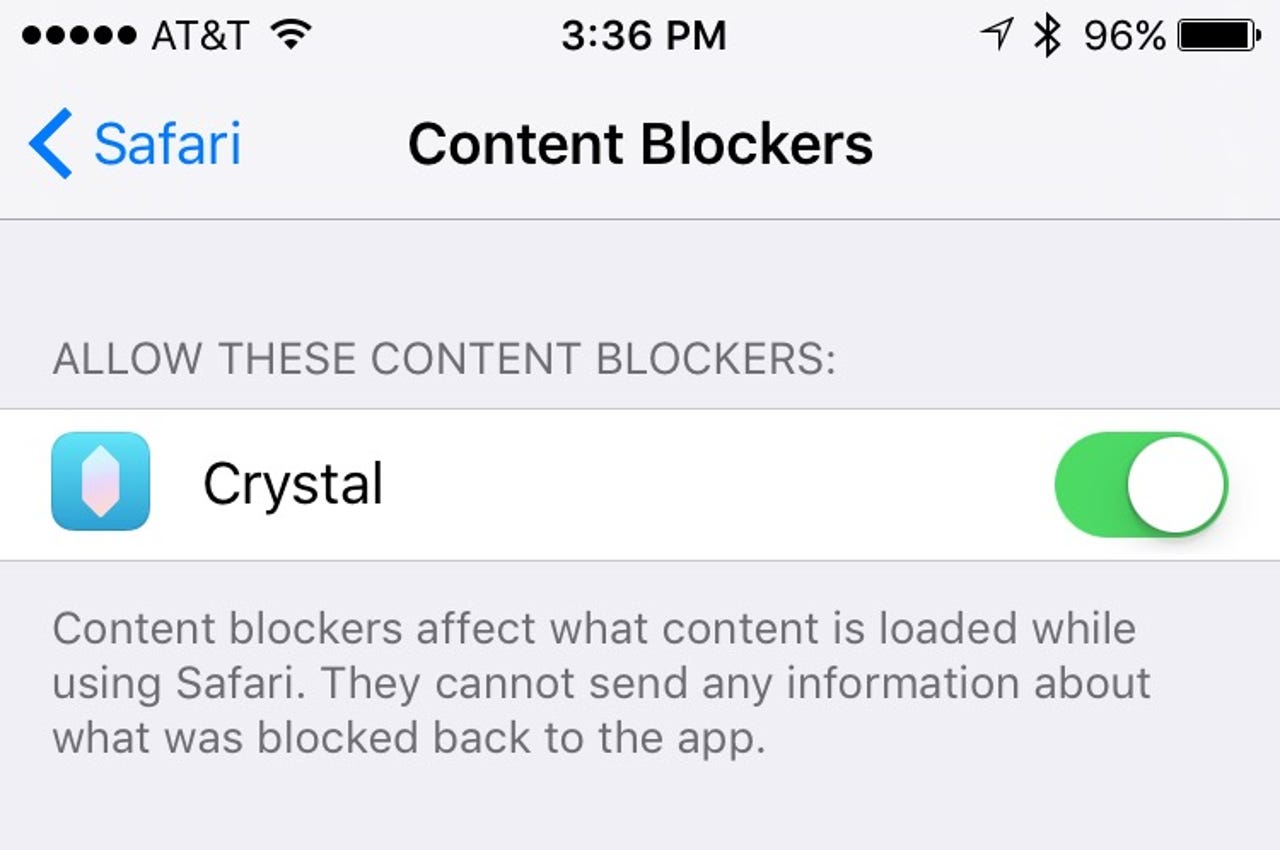Ad blocker explosion: Advertisers admit they've 'messed up' life for online users

The IAB, which represents publishers, ad agencies and ad networks, appears to be coming to terms with the role the advertising industry has played in spurring on the use of ad blockers, even though in 2014 it likened the people behind them to 'internet pirates'.
The group now concedes it has "messed up" and has vowed to make amends with a new set of advertising principles, dubbed 'LEAN' - or Light, Encrypted, Ad choice supported, Non-invasive ads.
"We messed up. As technologists, tasked with delivering content and services to users, we lost track of the user experience," confessed Scott Cunningham, general manager of the IAB Tech Lab.
On the one hand, ads help fund the production of content that consumers have come to expect for free, providing the main viable revenue stream for publishers in a market that's still reluctant to pay for content.
On the other, users are frustrated with ad-tracking and pages bloated with adverts that slow down load times, particularly on mobile devices.
The issue was brought to a head by Apple's support for ad-blocking in its mobile Safari browser in iOS 9, alongside the launch of the Apple News app, which operates outside the web.
Google, one of the IAB's key members, earlier this month announced its response to ad blockers in the form of Accelerated Mobile Pages (AMP) project, its open-web response to both the closed alternatives from Apple and Facebook's Instant Articles for publishers.
"The rise of ad-blocking poses a threat to the internet and could potentially drive users to an enclosed platform world dominated by a few companies," Cunningham noted.
His apology touches on why Google recently began pausing Adobe Flash ads in Chrome, namely battery drain -- a move that coincided with the IAB's promise to phase out Adobe Flash-based display ads for mobile-friendly HTML5.
"Looking back now, our scraping of dimes may have cost us dollars in consumer loyalty. The fast, scalable systems of targeting users with ever-heftier advertisements have slowed down the public internet and drained more than a few batteries," Cunningham said.
"We were so clever and so good at it that we over-engineered the capabilities of the plumbing laid down by, well, ourselves. This steamrolled the users, depleted their devices, and tried their patience."
The IAB's apology comes after the organization suggested in early September it was considering adding legal action to its technical responses.
Adobe and PageFair earlier this year estimated ad blockers cost publishers $22bn in 2015, and that ad-blocker usage had exploded over the past year, with users now totalling 45 million in the US and 12 million in the UK and 18 million Germany.
LEAN will not replace existing advertising standards, but rather will provide the basis for an alternative set of standards, according to the IAB.
